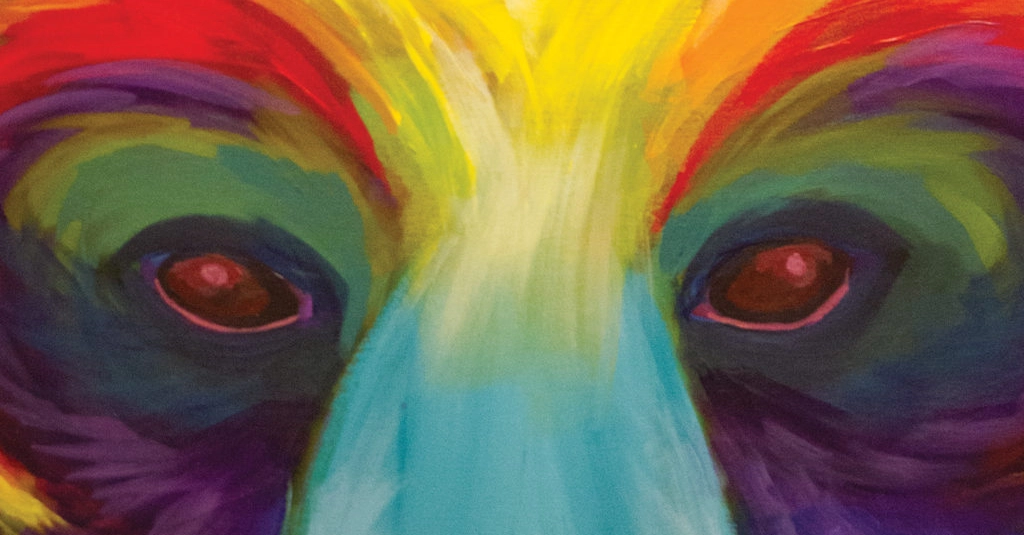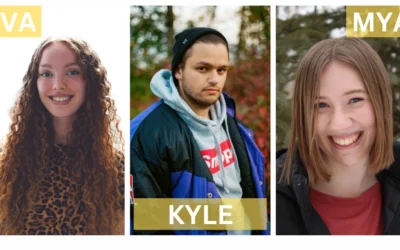In December 2015, the Truth and Reconciliation Commission (TRC) released its final report on Canada’s history of the residential schooling of First Nations, Métis and Inuit children. The initial summary of the report was released in July, and it came with a list of 94 “calls to action” intended to “redress the legacy of residential schools and advance the process of Canadian reconciliation.”
The findings of the TRC’s inquiry reveal a violent, bloody history of residential schooling, whose true reality was, according to Cree Elder Rick Lightning, kept even from the indigenous populations who were subject to it.
“History is really well hidden,” says Lightning.
Lightning is a mosôm (a Cree word for “grandfather” and a distinction that Lightning earned from his community) and a residential school survivor. He served as a spiritual and cultural advisor for the TRC and worked with the United Nations on its Declaration on the Rights of Indigenous Peoples for 25 years. He is also one of MacEwan University’s Elders in Residence, who was asked to come to MacEwan in part because of his experience in education and his knowledge.
What Lightning tells of Canada’s residential schools is, by any definition, disturbing. For example, he recounts the case of two indigenous grandmothers being instructed by Catholic nuns to incinerate some rags – only to hear the screams of newborn babies who had been wrapped in those rags.
“It lived with them,” says Lightning. “They [the grandmothers] live with that pain and that guilt, because they never knew what was in [the rags].
“When they went to go look at these incinerators, they found—there [were] bones in there. Babies.”
It is, in part, acts like these that were the cause of the official establishment of the TRC on June 1, 2008. According to the TRC’s archival website, “Its mandate is to inform all Canadians about what happened in Indian Residential Schools (IRS). The Commission will document the truth of survivors, families, communities and anyone personally affected by the IRS experience. This includes First Nations, Inuit and Métis former Indian Residential School students, their families, communities, the Churches, former school employees, Government and other Canadians.”
The TRC’s emphasis on informing Canadians as a whole about the history of residential schooling is a notion echoed by Lightning.
“Generally speaking of Canada, they don’t understand. They just see a drunken Indian,” Lightning continues, “but nobody ever wonders, ‘How did that Indian get to be a drunken Indian?’”
Lightning also views Canada’s general response to the struggles of indigenous populations as being dismissive and ignorant.
“You’ve got Canada saying, ‘Get over it’,” Lightning says, “but the rest of Canada, how did it get to be here? They were running from something. They were moving from somewhere to get there. “
“So, why didn’t they ‘get over it’ and stay where they were from, if they’re going to say it to us?”
Lightning acknowledges the TRC’s 94 recommendations form a lengthy list. However, he also says that the length is valid, citing over a century of Canadian history that led to the need for all of the recommendations at all.
“It took. . . five generations to create that TRC list,” he says. Elaborating on the issue of generational trauma, Lightning tells of his grandfathers, who, in the 1880s, found their brother in a wheelbarrow full of young indigenous boys who had died at Red Deer Industrial School.
“They didn’t even know their brother was sick,” Lightning says. “He died, and they buried him like that [in a mass grave], and they were told, ‘Okay, bury them,” and were sent back to the fields [to work].”
The legacy of forced labour found in the industrial schools like the ones in which Lightning’s grandfathers were placed is, to the elder, carried on in governmental support of industrial post-secondary training for First Nations, Métis and Inuit students, even if some of the students who would rather pursue a degree program.
“That was a Harper push,” he comments, citing the Harper government as being one of the most antagonistic governments in Canadian history with regard to its treatment of indigenous people.
In spite of everything, however, Lightning seems hopeful for the future of relations between formal institutions and indigenous people in Canada.
“In the last little while, we’ve had some interesting changes,” he explains. “We’ve had a new mayor [Don Iveson] that recognizes indigenous rights; we’ve got a new premier [Rachel Notley] that’s recognizing indigenous rights; we’ve got a prime minister [Justin Trudeau] that recognizes indigenous rights.”
Lightning also points to actor Leonardo DiCaprio’s recognition of indigenous peoples in his acceptance speech at the 2016 Golden Globes as being indicative of a move forward for intercommunity relations.
As for how MacEwan will implement any TRC recommendations, Lightning says it is too early to say.
“I think that would be a good question a year from now,” he says, “but it’s also a good question to give [MacEwan], to put them on notice that we will be coming back to see how [they] are going to implement this.”
For now, Lightning says MacEwan’s Aboriginal Education Centre (AEC) serves as a “safe space” for students of all ethnicities — from Saami to Somali.
“We try to bring here trust and safety, so that the students feel comfortable, and it’s a place that they need to do what they need to do.”
MacEwan’s AEC is located in Room 7-131 of City Centre Campus. It is open Monday to Friday from 8:30 a.m. to noon and from 1 p.m. to 4:30 p.m. The TRC’s official website can be found at www.trc.ca.
Artwork by Cheyenne Legrande.
Photo by Casey Pollon





0 Comments